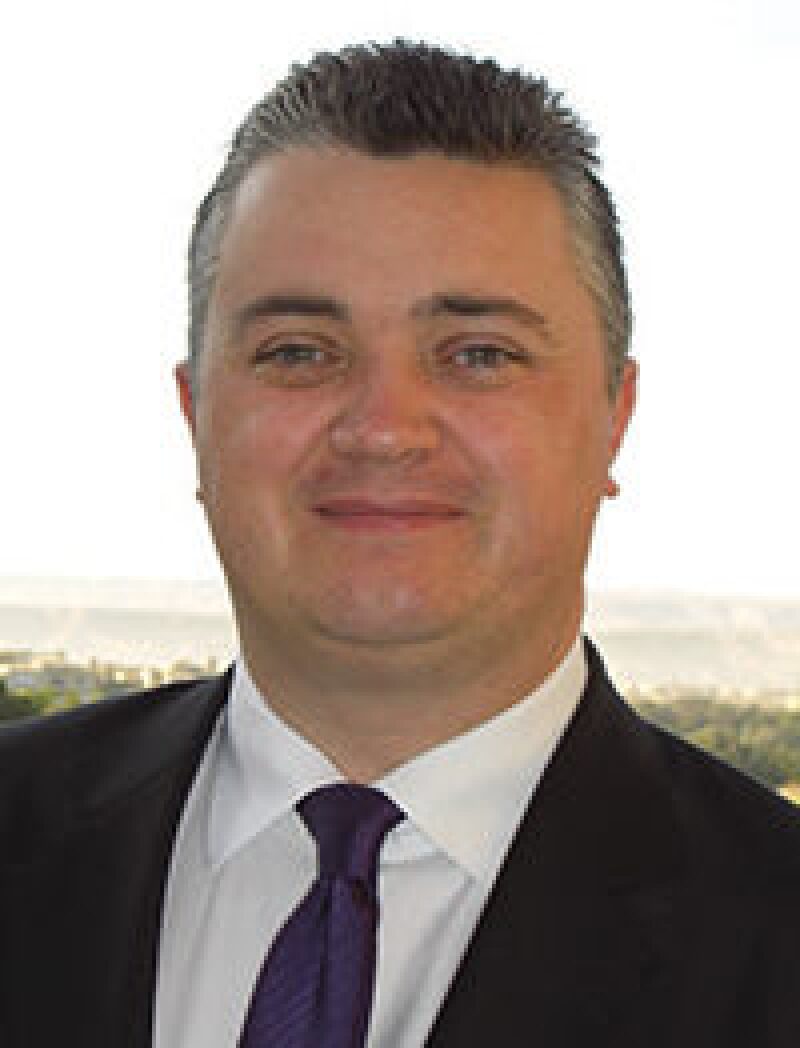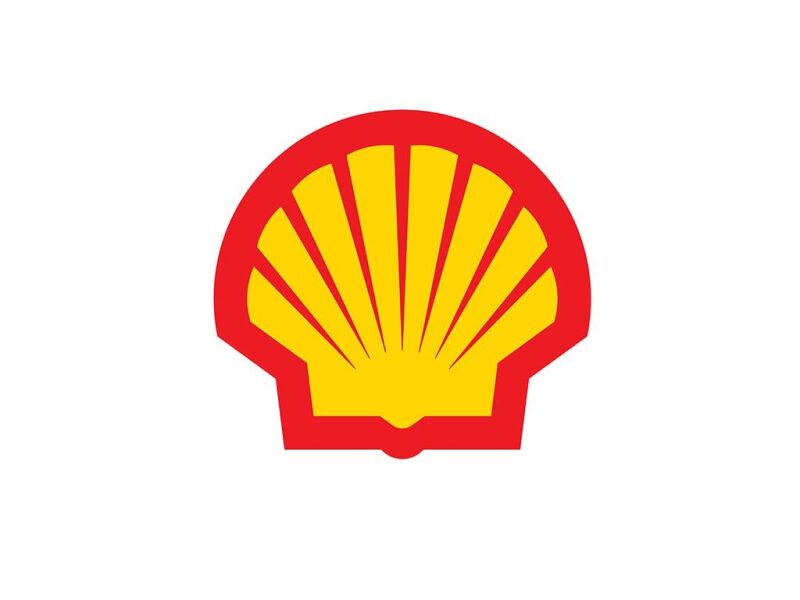The TWA Interview invites leaders and innovators who shape our E&P industry to share their wisdom, experience, and deep knowledge with young professionals. These figures are often chief executive officers, presidents, chairmen, or managing directors. For this issue, we tried a different approach, inviting an emerging industry leader to present insight and advice on how to be successful. This was one of the main requests from our readers in the 2008 readership survey. With this in mind, we invited John MacArthur, operations general manager of Badr El-Din Petroleum, for an open conversation about his career and to seek his advice.
— James T. Edwards, Carlos Chalbaud, Andrés Zoldi, and Anthony Onukwu, Editors, TWA Interview
At which point in your career did you migrate from the technical to the managerial branch?
There is still a very strong technical content in my daily work even though I have been working in management roles over the last few years. That perpetual technical aspect of management roles in our industry is why it is especially important to earn professional credibility through sound technical experience earlier in our careers. I believe that we should aspire to be leaders rather than managers. Technical leadership is as important as its managerial equivalent. We should value more equitably those professionals with world-class technical mastery and depth of expertise. Leadership experience also starts early. There are always opportunities to lead teams, even at the beginning of a career. I also think that it is important to learn how to be a good follower and team player—which remains essential at more senior levels too.
What are your views on business education?
Business education is valuable and has helped me to understand, for example, how to read a balance sheet, market benefits to customers, and to appreciate how people are motivated. Many young people think that a business education comes only from an MBA. That is the main way to learn fundamental business topics, especially if you wish to work in finance or management consultancy, but it is not the only way. For example, I learned the traditional business topics while studying for professional certification in international hotel management. That was on my days off when I worked in the hospitality industry. That first professional management qualification earned me an engineering bursary when I later decided to study petroleum engineering. Later on, I studied for a professional general management certificate with the Open University business school. That was a distance learning course in my evenings and weekends, when I was helping to start up a downhole instrumentation company. Shell has also given me an excellent technical and business education, and has invested in teaching me about leadership. Apart from when I studied petroleum engineering at university, in every case I was studying at the same time while working in a full-time job. I could always apply new learning at work the next day or the next week. My experience is that the best business education is when lessons can be quickly tested in the workplace.
How important has international mobility been for your career?
Mobility provides more career choices, and everyone who has an overseas posting will usually return with happy memories and positive lessons to share. My international experience has helped my career a great deal. Travel to new places and interaction with different cultures broadens the mind, and when there is adversity it teaches patience, perspective, and persistence. I think that travel is a very rewarding opportunity that should not be missed by young professionals, and living in another country also helps to bring the world closer together. I was educated at an international school that had 35 different nationalities, and our school motto was: how can there be peace without people understanding each other, and how can this be if they don’t know each other? I agree wholeheartedly. An international career does not have to be permanent either, and many people return home to provide stability for their children’s education or to be with their aging parents. You also appreciate your home country from a fresh perspective when you return there after living abroad.
“Travel to new places and interaction with different cultures broadens the mind, and when there is adversity it teaches patience, perspective, and persistence.”
How do you see yourself in 10 years?
That’s a tough question. If you had asked me the same question 10 years ago then I was still very new to Shell and my very ambitious dream at the time was to reach my current managerial level in Shell before the age of 40. I am now 39 and I have achieved what I thought was an impossible dream. So I suppose that in 10 years from now I should fantasize that I will be a senior executive in Shell. But I have still got a tremendous amount to learn before that! Over the last few years I have been reading philosophy: Aristotle, Socrates, Plato, and so on. Therefore, my philosophical response is that in 10 years I would still like to be happy. Success is not the key to happiness. Happiness is the key to success.
How do you manage a work/family balance?
More philosophy! Let me answer with a brief story. There was this old greyhound, one of those dogs that race around a track chasing those mechanical rabbits. The dog had retired and someone asked the dog a few questions about why it stopped racing. The dog was not too old, it had won more than a million dollars for its owner, it was treated very well by everyone, and it was in perfect health, and super fast. No one could understand why such a champion dog would quit.
The dog explained, “I just quit because after all that running and running and running, I found out that the rabbit I was chasing wasn’t even real.”
My appreciation of the tremendous loving support of my family helps me to set the right balance of priorities. I never forget my good fortune that I have many close friends. Playing tennis; countryside walks that my kids call “getting lost with dad”—I call it exploring; these priorities are my real rabbits. Balanced and rewarding career success is a real rabbit too, but at times in my career I have been chasing this one type of success too much while more important types were waiting to be discovered under my nose all along. Some people are afraid of dying, but in my view we should be more afraid that we never start living.
Could you briefly detail some of the similarities and differences between your current company (Shell, an international oil company [IOC]) vs. a national oil company (NOC)?
The major difference is that IOCs are private commercial enterprises that operate internationally, whereas NOCs are government-owned and generally operate within a single country, and control access to that country’s hydrocarbon resources. Nowadays, many NOCs are active internationally too.
NOCs and IOCs typically partner in joint ventures to explore, develop, and operate together. An IOC like Shell adds value to the partnership with advanced technology and global experience of applying technology in an integrated way; capabilities to undertake increasingly large and complex projects; access to markets, especially gas; the ability to help develop national staff and national capabilities; and the commitment to deliver long-term benefits to the wider community.
In your opinion, what are the major differences for an emerging leader such as yourself when working for an IOC vs. NOC?
I see much more in common working for an IOC vs. NOC than I see as different. Both are technologically and managerially sophisticated. IOCs and NOCs also share similar philosophies about commercial focus, operational efficiency, and delivering safe production. An international company typically offers more international opportunities. A few years of industrial experience in an IOC including international assignments may benefit an emerging leader before serving in government. Equally, government service is also a rewarding career, giving an emerging leader the special national flavor of serving the people of a country. Overall, governments and private commercial enterprises are more aligned now than ever before, and I would encourage emerging leaders in IOCs or NOCs to recognize that value-driven partnership is the key to success for everyone. I recommend working in a joint venture with NOC and IOC shareholders to appreciate the strengths of both partners.
“...governments and private commercial enterprises are more aligned now than ever before...”
What advice do you have for young professionals that are interested in pursuing a career with either an IOC or NOC in the current world economic downturn?
When the economy recovers, so will energy demand. Government companies and private commercial enterprises are continuing to hire talented young professionals to be ready for that recovery. Our industry offers competitive remuneration and intellectual challenge, and the world needs energy. We also need talented people to help to solve what Shell calls the Three Hard Truths. First, it is still likely that global energy use will double during the first half of this century. Second, on the supply side, conventional “easy” oil or gas will not grow at the pace with which demand will grow. Third, more energy means more CO2 emissions. Solving these Three Hard Truths means an immensely challenging and rewarding career for young professionals. We need help from young professionals to find new technologies to unlock increasingly difficult resources to meet expanding global demand, with sustainable atmospheric CO2 concentrations. If you are already working in the industry then please keep deepening your technical expertise so that you can find energy solutions that help to sustain our planet responsibly. If you are not yet in the industry, then please join us to help to solve the world’s energy challenges and dilemmas.
As one of the founders of TWA, did your role in TWA help you professionally?
I was very lucky that I interviewed several senior industry leaders for TWA. I learned a huge amount from their wisdom and generous advice. The great thing is that all those interviews are available online in the TWA Archive in spe.org for all young professionals to read them. It was also a memorable experience to help launch the magazine, and to work with so many talented young professionals. I note that some of them are now becoming old professionals, like me! I am delighted to see my friends Leon Beugelsdijk, Josh Etkind, and John Donachie continuing their dedicated contribution as SPE officers. They are all successful in their careers.
How would you describe your management style, and how has your involvement in SPE activities helped your career?
I wrote an article a couple of years ago in TWA describing what I call “High Octane Leadership C8.” The 8 Cs are leadership qualities we can all develop and I explained how we all have leadership potential. My style is to aim to inspire and interact with people by Coaching and Challenge, while also instilling Confidence. This approach is supported by trying to role model the further qualities of an effective leader, which are Character, Courage, Consistency, Competence, and Connection. I am helped on my leadership journey by honest feedback from colleagues, friends, and family.
Connection is about finding common ground for cooperation with people. SPE is common ground. This vital community brings people together from every corner of our industry to share and learn from one another. I have been an SPE member since I was a student, and the access to high-quality technical papers, books, journals, and technical conferences have all helped my education greatly. I have also volunteered in various board roles and helped to organize special events. Volunteering and being part of our SPE community helped my career because I learned many technical, business, and leadership skills along the way. I also made many lifelong friends across our global industry.


